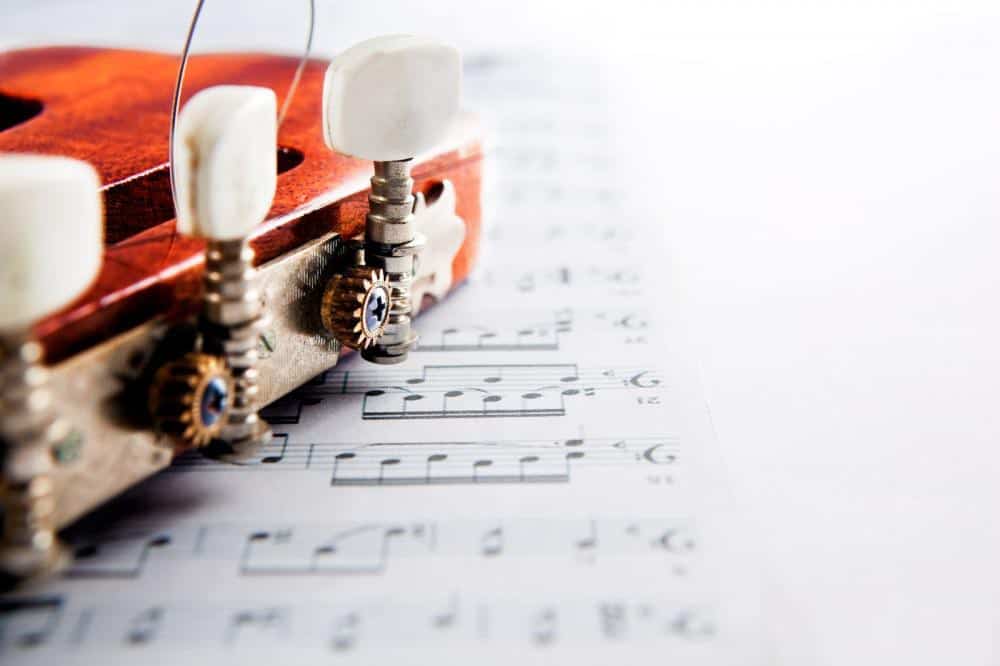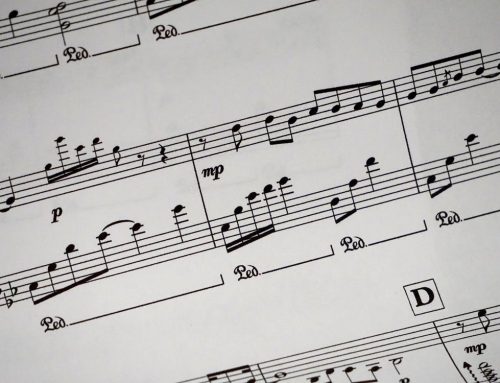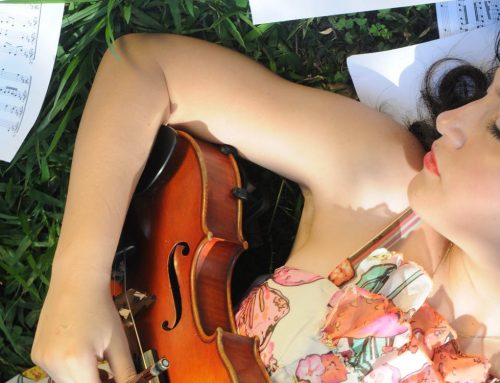Aspiring to be a music composer? That’s great! It requires bravery to step into the realm of music composition. Even experienced musicians can sometimes only dream about writing their own music. There are various musical elements such as melody, harmony and rhythm that have to be taken into consideration simultaneously. It takes a lot of effort and creativity, but the rewards are great too.
If you have the passion, desire and the commitment, there are no reasons why you shouldn’t be able to create your very own musical masterpieces. Music composition is all about relying on the right rules and tools. Here are a few tips to get you started on your musical journey.
Learning the Music Language
Learning the language is the first step to composing music. If a composer is unable to convey his thoughts and intentions, how will the musician know what to play? Music notation is one of the more complex written languages out there. In addition to knowing how to identify the various symbols, you have to consider that the notes are arranged spatially to indicate pitch. However, once you start learning music notation and go through different genres, you’ll gradually start recognizing the differences in notation.
Get Familiar with the Concepts
There are certain musical concepts that you need to be familiar with if you are looking to compose great music. These include chord progression, the relationships between notes, melody, timing, etc. Once you have familiarized yourself with these concepts, you can start using them creatively.
Using the Right Tools
Once you have a grip over the basics of music composition, it’s time to get rolling. You will make mistakes and you will get better—trial and error is part of the process. In the old days, music composition was a lot tougher. Composers only had paper and pencils as tools. To check if every part was fitting and there were no errors, composers had to play their music to themselves and make revisions on paper accordingly. The whole thing was a tedious affair.
However, things are much easier for the current generation of composers. They have music notation software such as Music Jotter at their disposal, which provide features such as playback and MIDI recording that make composing music a lot more convenient.
Practice Makes Perfect
Composition is something that cannot be taught. The best way to enhance your music composition skills is to practice, practice and then practice some more. Be versatile and attempt writing musical pieces of different styles and genres. The more you practice the more comfortable you’ll get with your tools and your sense of composition will gradually sharpen.
A great artist needs great tools. Music Jotter is music notation software that will provide you with everything you need to compose great music!






